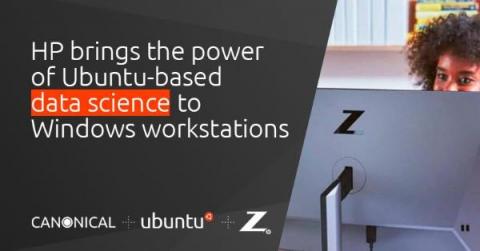Explore what's in store - Ubuntu Preview on WSL
Hot on the heels of our Ubuntu 22.04 LTS release, we’ve already started building our first images for Ubuntu 22.10, codename: Kinetic Kudu. Up until now, Ubuntu WSL users have had access to our current Long Term Supported (LTS) releases. These provide a stable Ubuntu development environment, deeply integrated with Windows, for data science, cloud, web and IoT developers. But what if you’re one of those folks who like to live life on the edge?











